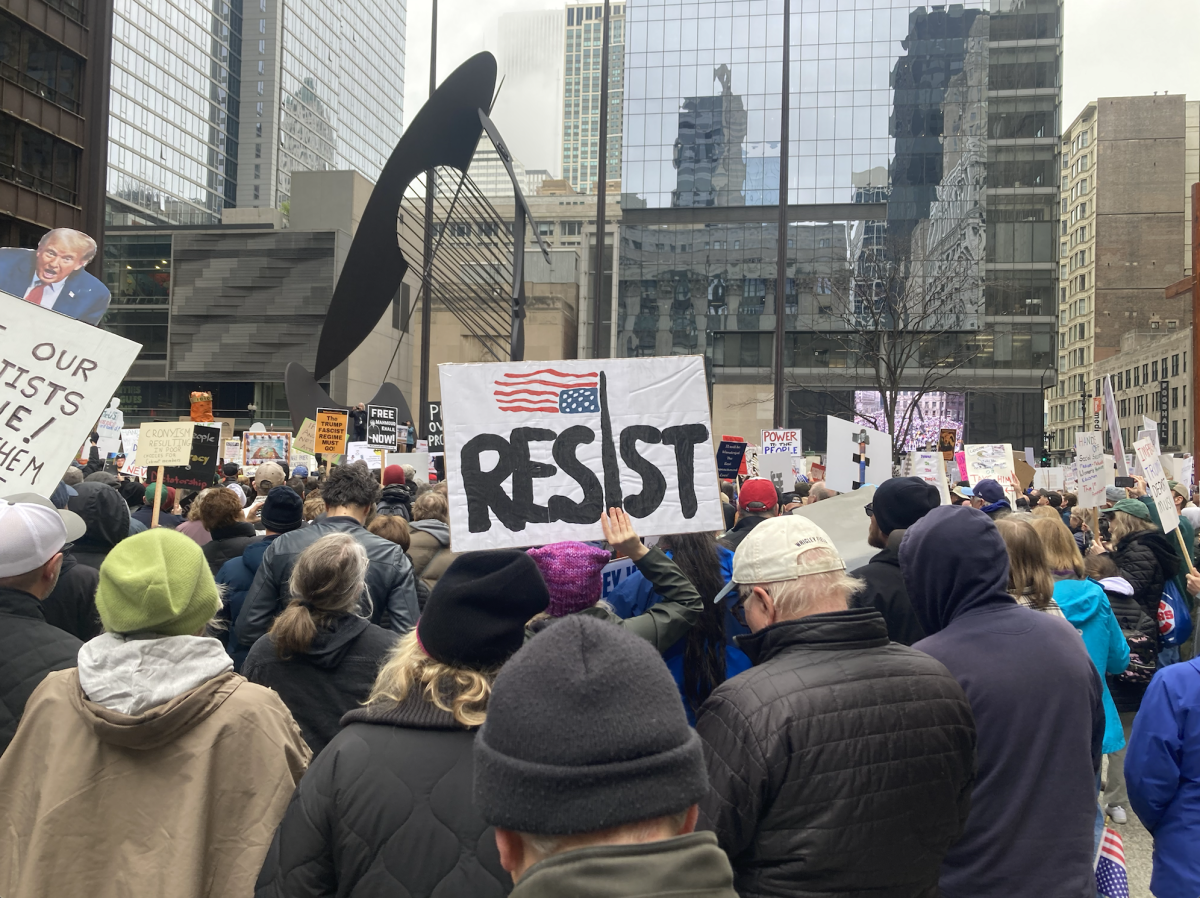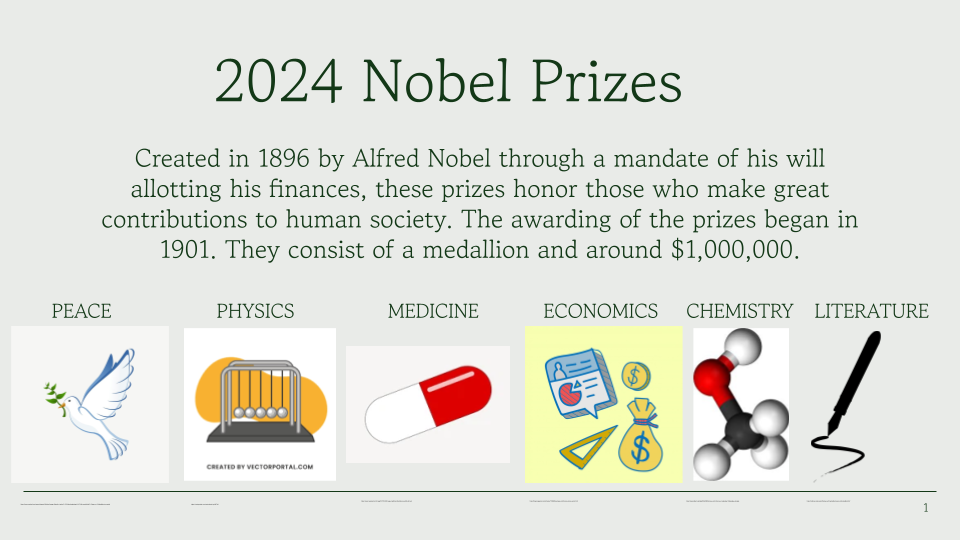Pope Francis, who served as the leader of the Roman Catholic Church beginning in 2013, died in the morning of Monday, April 21st, 2025, in the Vatican City, from heart failure and a stroke. He was 88 years old.
Francis, who was elected to the papacy following a shocking resignation from Pope Benedict XVI, spent his twelve years in the position charting a new course for the Church. From the beginning of his tenure, the pope was breaking bounds as the first pope from the Americas, the first Jesuit pope, and the first pope coming from outside of Europe since the 8th century.
The degree of Francis’ departure from the long-standing religiously conservative precedent at the Vatican only increased as the years went by. From accepting homosexual individuals into the Church to urging a joint session of Congress – the first such occasion in papal history – to welcome immigrants to the United States, Pope Francis was routinely and publicly outspoken. Across all of his vocal opinions, there was a common theme: Francis expressed affirmation of everyone’s right to be a part of the Church, even welcoming a diversity of cardinals from around the world to join the Catholic Church’s leadership in the Vatican in 2022.
Even so, Francis held firm to certain positions which spoke to a certain individuality in his opinions. Notably, he maintained the Church’s long-standing opposition to abortion. Elsewhere, critics said he didn’t go far enough, particularly in advancing women’s position in the Church and responding to the widespread sexual abuse towards children and subsequent cover-up by priests. Nonetheless, Francis’ actions in these areas went further than his predecessors ever achieved.
Pope Francis, though sometimes a controversial figure, is consistently remembered for his humility and kindness. Some hints for his temperament may be gained from his Argentinian upbringing, seminary, and priesthood. Prior to getting elected to the pontiff position, Francis was not the priest over a massive cathedral like some of those in Europe; he lived meagerly, in an apartment, riding the bus to work. Francis came into his position at a highly consequential time for the Roman Catholic Church, which was experiencing serious image problems. Perhaps as a consequence of both Francis’ benevolent personality and the Church’s difficult position, he was able to have a profound influence on the culture of the papacy and the pope’s role in the world. Whether or not the next pope continues Francis’ progressivism or returns to more traditional ways, it is sure that Pope Francis will have a lasting legacy not just in the Catholic Church but also in the world.











George Ovitt • Apr 22, 2025 at 5:51 pm
An excellent and balanced overview of this remarkable pope’s thirteen-year attempt to transform a two-millennium old institution. People say “why didn’t he do more,” and that is a legitimate question, but they need to understand that the pope, like most persons who are ceded power within an institutional framework, are by definition not revolutionaries.
Francis’s encyclical “Laudato Sí” used Franciscan teachings to defend the human stewardship of the earth, but Roman Catholics in the wealthy nations ignored it, as they do all inconvenient Christian teachings (see J.D. Vance’s idiotic reading of the Thomistic doctrine of “ordo amoris,” the fundamental notion of “love and regard for all persons”) in their narrow pursuit of gain.
Francis’s third and last papal letter, “Fratelli tutti,” ostensibly on the COVID crisis, was a call for human brotherhood and compassion, whose sentiments were made a mockery of even by the arch-Catholic Joe Biden in his support of Israel’s mass murder in Gaza.
In other words, this Pope did his best to move the great ship of the Catholic Church toward justice, environmental concern, and peace, but, as has been the case with is great predecessors (John XXIII in particular), his efforts have been thwarted by the political and economic interests of those for whom Christianity isn’t a call to compassion (which it is, if it is anything) but rather an ideological justification for unapologetic self-interest (see the Supreme Court of the U.S. today, 4/22, on public school DEI courses).
Thanks for this good piece. Keep writing.